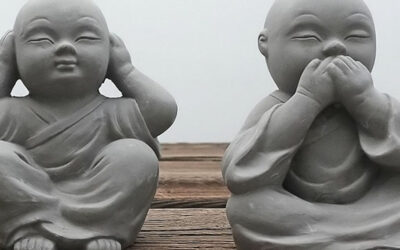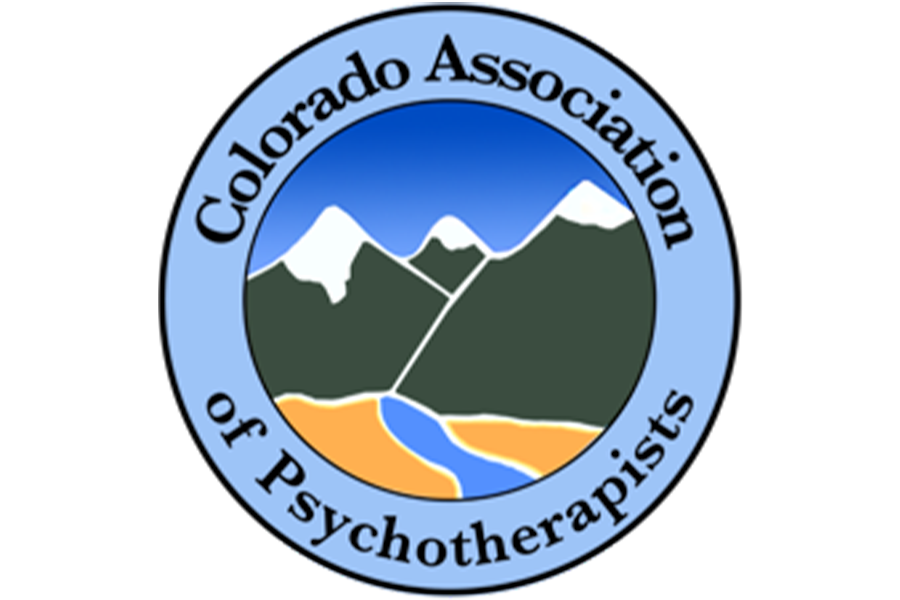For most of us, work isn’t just a choice; it’s a necessity for survival. But within the realm of necessity lies a realm of choice—the choice of the nature of our occupation. This choice, according to the Buddha’s teachings on Right Livelihood, isn’t just about earning a living; it’s about the profound impact our work has on our psychological and spiritual development.
At its core, Right Livelihood acknowledges that work is a social endeavor, intricately woven into the fabric of interconnected lives. Whether we’re managing a grocery store, healing the sick as a physician, or negotiating peace as a diplomat, our actions at work ripple out to affect a wide network of people. This interconnectedness underscores the importance of our occupational choices, as they can either contribute to the collective well-being or perpetuate harm.
Right Livelihood, as the fifth component of the Noble Eightfold Path, emphasizes the significance of this choice. While it falls under the umbrella of Right Action, its distinct focus highlights its pivotal role in spiritual development. Engaging in work that promotes happiness, wisdom, and well-being while alleviating suffering becomes not just a moral imperative but a spiritual practice in itself.
Central to the concept of Right Livelihood is the notion that our work should align with principles of ethical conduct and compassionate action. It’s not about shunning profits or accumulating wealth but about how we acquire them. Right Livelihood calls for earning a living through legal, peaceful, and honest means, devoid of coercion, deceit, or harm to others.
Choosing a livelihood that upholds these principles isn’t always straightforward. While some occupations, like those in healthcare or social work, inherently contribute to well-being, others may be less clear-cut. Take, for instance, the dilemma of working on an oil rig. While it may provide essential energy resources, it also carries the risk of environmental harm. Deciding whether such work aligns with Right Livelihood requires deep introspection and objective evaluation of its impact.
Similarly, occupations involving animal agriculture raise ethical questions about harm and suffering. While there are nuances—such as self-defense or sustenance in dire circumstances—engaging in practices that inflict unnecessary harm contradicts the principles of Right Livelihood.
Ultimately, the decision of what constitutes Right Livelihood lies with the individual, guided by their own conscience and understanding. Seeking counsel from others can provide valuable perspectives, but the responsibility rests with each of us to discern the ethical implications of our work and its alignment with our spiritual aspirations.
Indeed, our choice of livelihood holds immense power—not only to shape our own spiritual journey but to influence the collective well-being of society. By embracing occupations that honor principles of compassion, integrity, and social responsibility, we not only enrich our own lives but contribute to a more just and harmonious world.
In a world where we spend a significant portion of our lives at work, the path of Right Livelihood offers a profound opportunity for spiritual growth and positive impact. By embracing this path, we move closer to enlightenment not just for ourselves but for all beings.
Absolutely, every action we undertake, including our choice of livelihood, sends out energetic ripples into the universe, shaping the collective consciousness and impacting the well-being of humanity. Therefore, there is a profound responsibility inherent in our occupational pursuits to be conscious of the messages we’re putting out into the world.
When our livelihood aligns with principles of compassion, integrity, and ethical conduct, it not only uplifts us individually but also contributes to the greater good of society. Conversely, engaging in work that perpetuates harm or undermines the well-being of others not only impedes our own spiritual growth but also adds to the collective suffering of humanity.
This awareness underscores the interconnectedness of all beings and the intricate web of cause and effect that governs our lives. By choosing Right Livelihood—work that embodies kindness, honesty, and social responsibility—we not only fulfill our individual aspirations for spiritual growth but also contribute to the collective evolution toward a more compassionate and harmonious world.
In essence, our livelihood becomes not just a means of earning a living but a vehicle for positive change and transformation, both within ourselves and in the broader tapestry of existence. By embracing this responsibility with mindfulness and integrity, we can harness the power of our work to create a more enlightened and benevolent society for all beings.




0 Comments